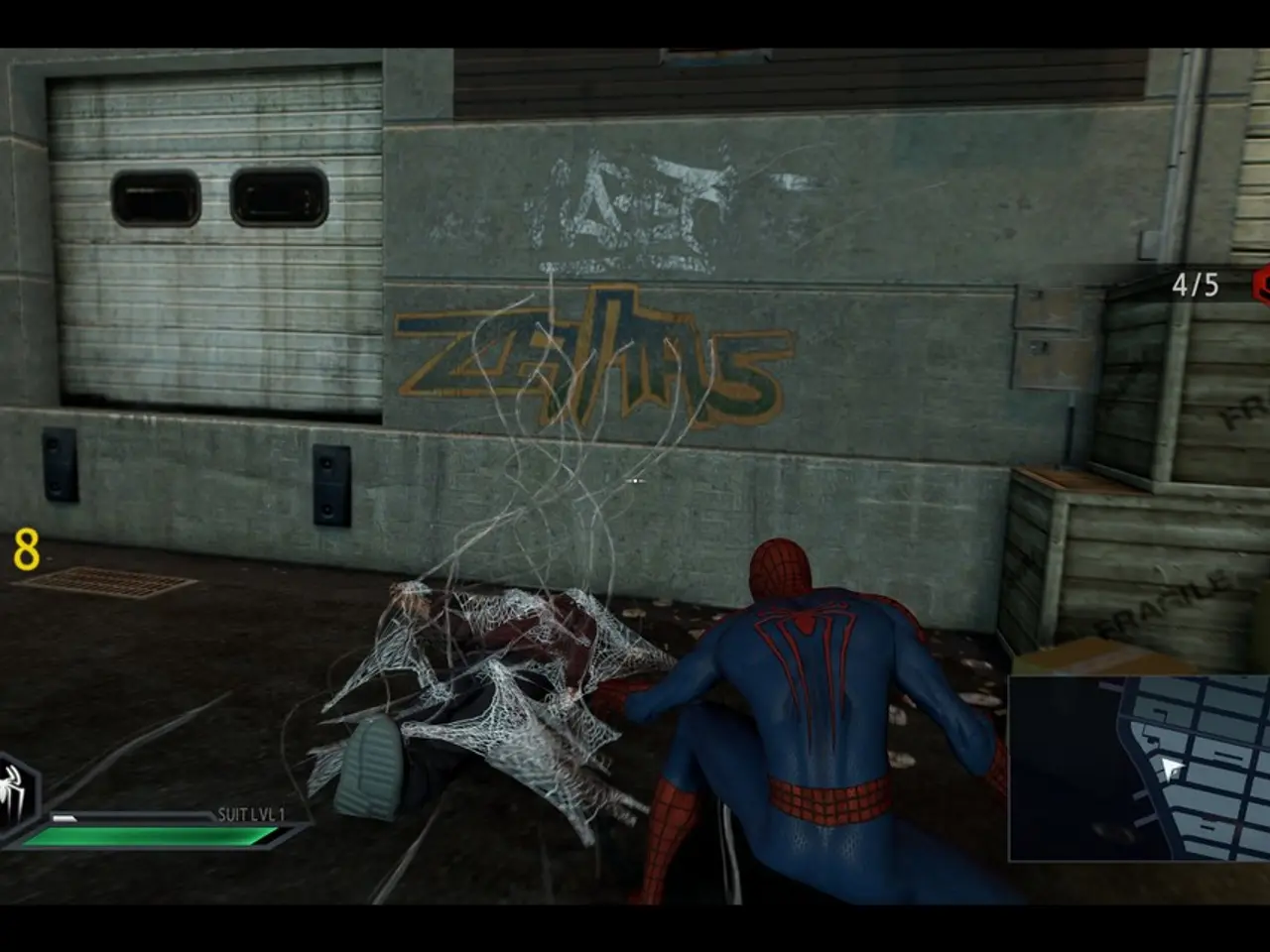Indeed, many rhythm games incorporate timeless classics from the realm of music.
In the world of rhythm games, the integration of classical music has a rich and notable history. One of the pioneers in this field is the South Korean game Pump It Up, which made a name for itself by blending classical music with other genres through the efforts of its in-house composer group, BanYa.
BanYa, a collective of composers, created many of Pump It Up's iconic remixes and original tracks. They incorporated classical compositions by renowned composers like Beethoven, Mozart, Vivaldi, and Grieg, often mixing these classical base pieces with elements from hip hop, rock, hardcore, and electronic music to create dynamic remixes suited for rhythm gameplay.
One of their most famous tracks, "Beethoven Virus," is a popular remix of Beethoven’s works that has become synonymous with Pump It Up’s identity. They also transformed Edvard Grieg’s "In the Hall of the Mountain King" into a track called "The Devil," and Mozart's "Rondo alla Turca" became "Turkey March." BanYa’s arrangement style frequently included electric guitar solos and additional beats layered over the classical strings.
Pump It Up differentiated itself from other rhythm games like Konami’s Dance Dance Revolution by its five-panel dance mat format and its eclectic music style, which leaned heavily on Korean hip hop fused with these classical remixes. This unique aesthetic and musical experience established by BanYa had a lasting impact within the rhythm game culture.
BanYa eventually disbanded as the in-house team, and many members went independent or formed new groups such as BanYa Production and Yahpp, continuing to contribute music to the rhythm game community.
Pump It Up Rise, an arcade dance game adaptation, is filled with classical remixes, and the first official PC adaptation of the game was released last year in July. Other rhythm games from the past, such as Audition Online and Super Dancer Online, also included a wealth of orchestral pieces among their pop tracks.
In recent years, we've seen the rise of rhythm games that focus on classical music, such as Trombone Champ, a 2022 release that allows players to butcher various classical renditions with their brass instruments. Last year, Maestro put players in the conductor's seat in VR, allowing them to take charge of an orchestra.
Deemo, a piano game, has an Etude collection with a sprinkling of historical pieces, but its library primarily focuses on contemporary classical styles. Meanwhile, games like Catherine and Taiko no Tatsujin have also featured classical music tracks in their soundtracks.
The integration of classical music in rhythm games is not just a nod to the past, but a testament to the enduring appeal of classical music. Its familiarity, ease of evoking emotions, and the fact that most of this music is in the public domain make it a popular choice for rhythm game composers.
Mollie Taylor, a news writer for PC Gamer, has a long-standing interest in rhythm games, having been deeply invested in games like Audition Online since her early childhood. She attributes her love for these games to their unique blend of music, dance, and competition.
In conclusion, BanYa and Pump It Up are key to the history of classical music integration in rhythm games. Their innovative approach to blending classical melodies with modern music genres established a unique aesthetic and musical experience that had a lasting impact within the rhythm game culture.
- The in-house composer group, BanYa, is renowned for their work on the South Korean rhythm game, Pump It Up, where they remixed classical compositions by composers like Beethoven, Mozart, Vivaldi, and Grieg with modern music genres.
- One of BanYa's most famous tracks, "Beethoven Virus," is a remix of Beethoven’s works and has become synonymous with Pump It Up’s identity.
- Other rhythm games, such as Audition Online and Super Dancer Online, also included a wealth of orchestral pieces among their pop tracks.
- In recent years, we've seen the rise of rhythm games that focus on classical music, such as Trombone Champ and Maestro, demonstrating the enduring appeal of classical music in the field of entertainment, including movies-and-tv, music, and games.







